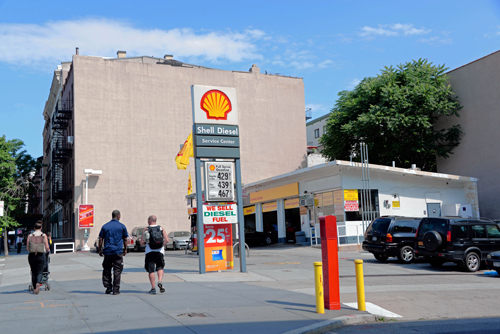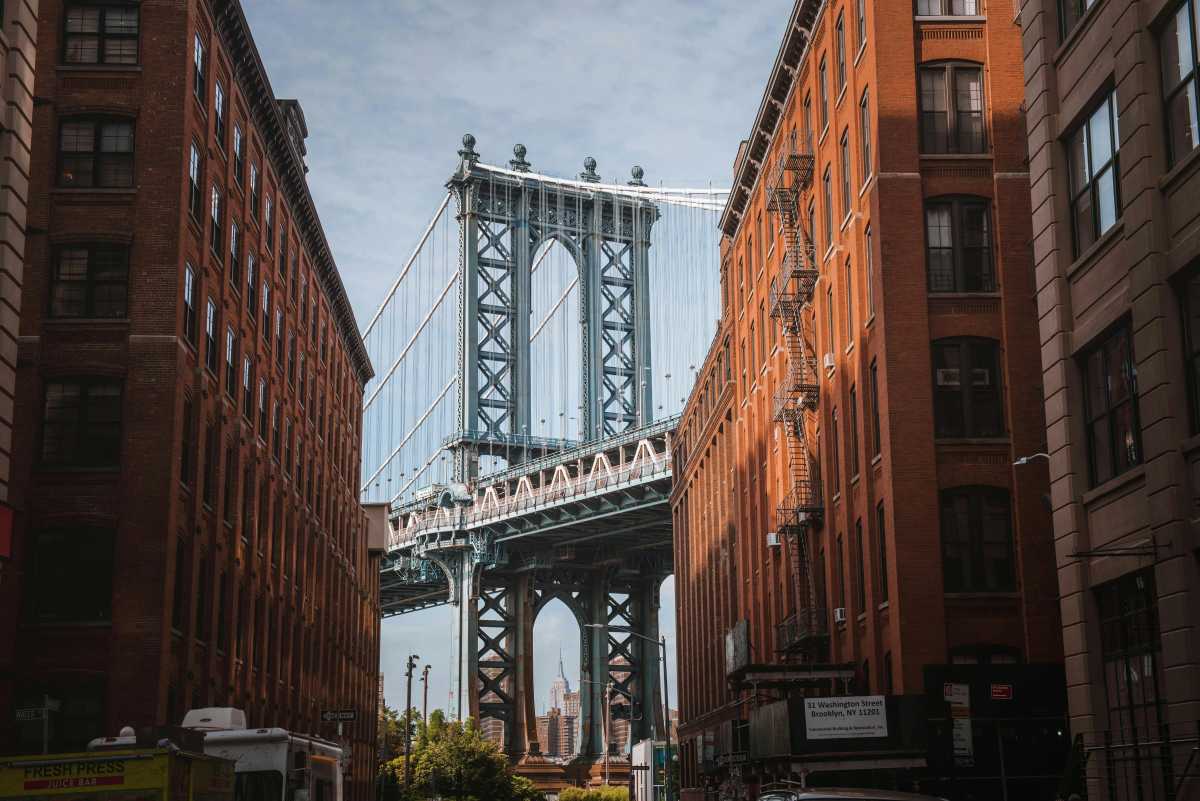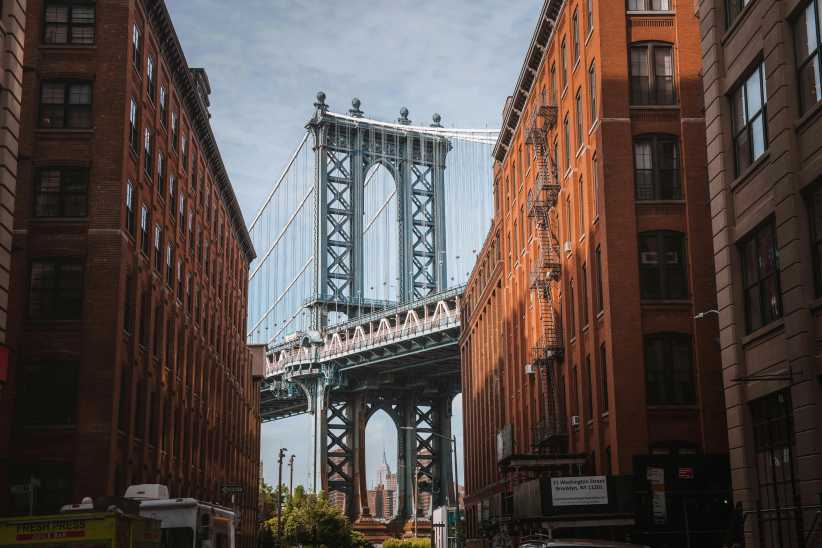Cobble Hill drivers may soon lose the last gas station in their neighborhood now that the land it sits on has sold for a hefty sum.
A Manhattan developer dropped $7.75 million in April for the Atlantic Avenue lot at Henry Street, records show. The gas station is almost certainly destined to become luxury housing with ground-floor retail, a real estate expert said.
“It’s gonna be apartments and retail, what else?” said legendary real estate broker Chris Havens, speaking with a general knowledge of the neighborhood but no connection to the recent transaction.
Havens pointed out that the gas station faces his favorite liquor store, Heights Chateau on Atlantic Avenue.
“It’s across from the best wine store in the city, what more can you want?” he asked, rhetorically. “Talk about gentrification.”
The gas station also neighbors Long Island College Hospital, which closed in May after 156 years and is on its way to becoming ritzy apartments with a handful of medical facilities mixed in.
Cobble Hill Super Service, a gas station and garage, currently sits on the property its owner bought for $2.67 million in 2009. If the developer’s plan involves booting the fill-up station, the closest option for drivers to get gas will be nearly two miles away in Clinton Hill or Gowanus. Two other Atlantic gas stations have closed in recent years.
A man who answered the phone at the Cobble Hill gas station on Tuesday hung up on an inquiring reporter without a word.
Petroleum has dried up in other parts of the city where property values have skyrocketed, Havens said.
“A lot of Manhattan residents have been complaining that gas is disappearing,” he said.
Real estate firm Avery Hall Investments, the property’s new owner, did not return multiple calls for comment.
Whatever the company decides to build on the site, neighbors won’t have to worry about a towering high-rise going up for now. The property lies within a historic district where zoning limits new buildings to a height of 50 feet.
Turning a gas station into residential or retail space can be complicated, with tanks to dig up and soil contamination possible. But Havens said that probably won’t stop development.
“The numbers are just so high,” he said.
























